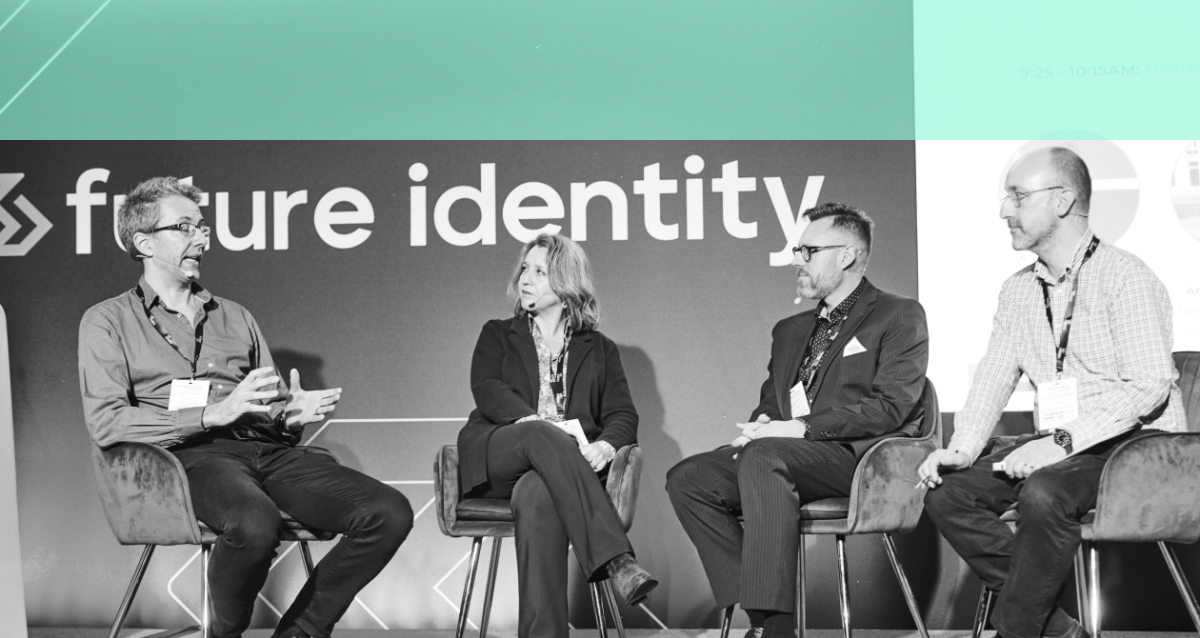When it comes to digital identity, technology is not the problem. The necessary architectures and solutions are already being built but the surrounding frameworks and legal elements remain to be solved. How can we build a digital identity ecosystem, centred around users? And which parties will play a role in the future identity ecosystem?
At the Future Identity and Fintech Talents festival 2021, a panel of rockstar speakers discussed how we might achieve greater interoperability around digital identity, allowing customers to use their digital identity with ease, on an international or even global scale.
Panelists agreed we are still a way off from realising this vision. To bring things back to the present, they attempted to answer the question of what digital identity means today.
Annet Steenbergen, Chair, IATA Passenger Facilitation Working Group, Government of Aruba
“When you’re born, at lead in Europe, your parents go to register your birth and from that moment your identity exists. So government provide you with identity documents, they provide you with travel documents, the next step is they need to provide you with a digital identity as well. We live in a digital world, so need a digital representation of our identity card or passport to use for services.”
Mark Haine, Working Group Co-Chairman, The Open ID Foundation
“For me, digital identity is a manifestation of your real identity made up of pieces of information about you as a person. It often originates from the government of the country you choose to reside in and is about uniquely identifying you in the digital realm.”
Martin Sladecek, Director of Digital Strategic Studies, Société Générale
“Digital identity is a virtualisation of a government identity document or passport, a virtualisation of the proof that I am I.”
Steve Pannifer, Managing Director, Consult Hyperion
“Often digital identity is not just about verifying who you are, but things about you. For example, age verification, verifying someone’s qualifications, and other things you might want to attach to your identity. These may not be core attributes, but they are part of the problem we are trying to solve with digital identity which is how do I get control of my data and make my data available to use in transactions.”
Watch the full session now.
__________________________________________________________________________________
The conversation continues at Future Identity Finance, on 26th April 2022, in London.

